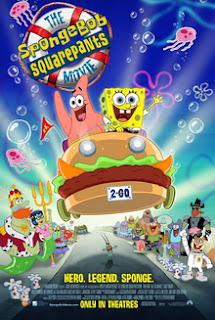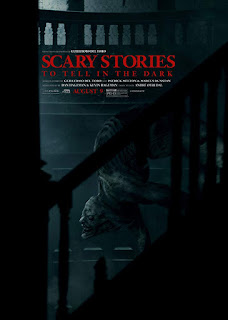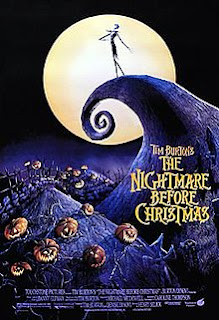We all fear being old, but unfortunately, it cannot be helped. We must face it sooner or later. Even in movies where being old seems like a detriment towards a person, it cannot be escaped. A notable example of this is the 1981 movie adaptation “On Golden Pond” coming from Ernest Thompson's play of the same name. Since its release, the film has received universal acclaim for a lot of things; the most notable example being its acting. This is especially true as the performances are outstanding and, when one understands the context of the movie, it is also sort tragic in a way when you hear about it. And while there are minor problems with the movie itself, that doesn't deter the fact that this movie is brilliant with its subject material. “On Golden Pond” is a reflection on why life is important, especially in old age.
The story follows an elderly couple named Norman and Ethel (Henry Fonda and Katharine Hepburn respectively). They are up in New England, spending the summer near the titular lakeside port. While there, Ethel is enjoying the time of her life, while Norman fears that death might come for him sooner than expected. This all changes when their daughter Chelsea (Jane Fonda) arrives to surprise them. She brings along her new fiance Bill (Dabney Coleman) and his son Billy (Doug McKeon) for the ride. They decide to leave Billy with Norman and Ethel for a month, and see how he reacts to the environment; along the way, Norman starts to realize that life might be worth something in the end.
“On Golden Pond” is quite the impressive movie to watch for a variety of reasons.
For starters, the direction by Mark Rydell is fantastic. Every actor and actress has motivation with their characters, and from Rydell, it just feels like a perfect balance between fantasy and reality. This is because of the editing from Robert L. Wolfe, the action moves at a nice pace. In fact, at nearly two hours, there is never a dull moment, and it keeps your interest all the way through until the end.
The production design is also marvelous. Capturing the surrounding area of northern New England around the summer and fall season, the cinematography encapsulates the area nicely. With cinematographer Billy Williams at the helm, the look and scope of the film is large in scale, and surrounds the lake and forest setting to a wonderful degree. In fact, while watching the film, it does make one wonder what it would be like out there yourself. Plus, with the use of loons, it symbolizes the characters of both Norman and Ethel as people who remain faithful to each other. This is one of the movies where the visual appeal is definitely appreciative.
But what really sells the picture are the performances. The acting from all sides is brilliant; everyone delivers a great role with their respective characters. The main actresses, Hepburn and Jane Fonda, work extremely well as a mother and daughter trying to get the respect and praise from their male counterpart. On top of this, both of them work off each other extraordinarily well. Not to mention, the male performances from both Coleman and McKeon are also great, despite a limited amount of screen time from Coleman. And yet, McKeon shines as a teenager who has to struggle with being with this elderly couple for a long period of time.
However, the major performance in the movie is that of Henry Fonda as Norman. Considering the fact that this would ultimately be his final film role, Fonda poured everything into this role, and all of the praise and recognition is deserved. Fonda's performance as Norman mimics what he was going on in real life, with his body ailing, and the condition he was in, it really showcases what this was like while making the movie. Plus, having both Jane and Henry Fonda work off each other as a real life father and daughter, really adds to the movie's realism.
And speaking of realism, “On Golden Pond” brings out a sense of realism that hasn't been replicated since. Again, from taking advantage of the scenery, to the performances, everything feels real to the point that during the more dramatic moments in the film, some tears might be shed.
As stated before, there are only a few minor issues concerning the film. The first issue is that while the music isn't too bad, it could use an orchestral feel to it. What this means is that while the soundtrack does contain its fair share of moments, they are mostly done via piano and other quiet instruments. If the music had a much more cinematic feel to it, then it would be a good listen. Another minor complaint is with the camera work. What this means is that while Rydell does offer up good direction, the way scenes are either framed or shot, make the movie feel like the audience is watching the play by Thompson. And that can be a little distracting considering that this is supposed to be a movie adaptation; nothing big or cinematic is involved.
Overall, “On Golden Pond” is a remarkable film that explores life from a certain point of view. With great performances from the main cast, it shows that despite our best efforts, life can get in the way of things. But that doesn't mean we can't enjoy it for what it's worth.




Comments
Post a Comment